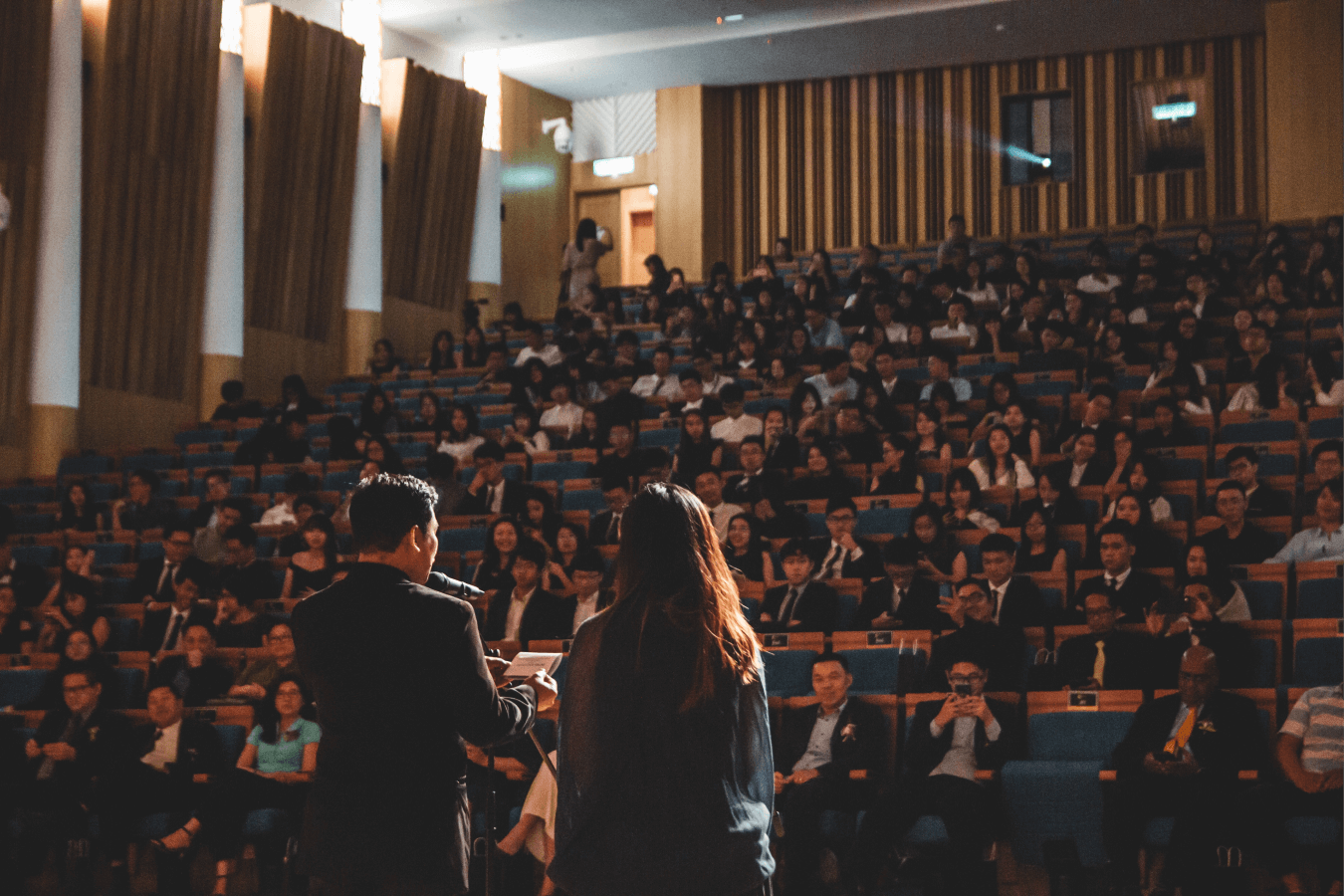GOSIM Schedule
Sept 26th

AI
Open AI definition, governance, use cases, Infra, and LLM projects
8:00 am
Registration
Registration
9:00 am
GOSIM: Embracing the AI New Era with a Global Perspective
GOSIM: Embracing the AI New Era with a Global Perspective
9:15 am
Advancing Kubernetes Resource Scheduling, Isolation and Management
Advancing Kubernetes Resource Scheduling, Isolation and Management
9:30 am
Arm's Commitment to Open-Source Innovation
Arm's Commitment to Open-Source Innovation
In the opening keynote, Arm will outline how it’s commitment to open collaboration across the global open-source community is enabling millions of developers to test and build and build their applications on a strongly curated Arm architecture. This includes support for developers to take advantage of new, advanced AI workloads through increasing machine learning capabilities on Arm-based hardware via open-source frameworks and libraries, and support for thousands of open-source projects across all technology market segments so developers have the tools and capabilities to write easier, simpler, faster, and more secure software on Arm.
9:45 am
Open Source Community+GOSIM
Open Source Community+GOSIM
10:00 am
Morning Break
Morning Break
10:15 am
How Arm is Empowering Developers to Unleash AI Everywhere
How Arm is Empowering Developers to Unleash AI Everywhere
10:45 am
Efficient Techniques For Super-Large AI Models Training and Deployment
Efficient Techniques For Super-Large AI Models Training and Deployment
11:15 am
Huggingface Big Code Project
Huggingface Big Code Project
11:45 am
Applications of Fine-tuning Large Models In Specific Vertical Domains
Applications of Fine-tuning Large Models In Specific Vertical Domains
12:15 pm
Lunch Break
Lunch Break
1:45 pm
Panel Discussion: LLM Vertical User Case
Panel Discussion: LLM Vertical User Case
Host
Emily Chen
Panelists:
- Qing Wei : Microsoft China CTO
- Yuan Wang : General Manager of NetEase Shufan
- Zhongyi Tan : Founder of Xingce Community and Chairman of Open Atoms TOC
- Zhenan Xu : CTO of Medical Technology
2:45 pm
Insights into Global Advancements and Future of Foundational Large Models
Insights into Global Advancements and Future of Foundational Large Models
3:15 pm
BigDL-LLM: Low-Bit LLM Library on Intel CPU and GPU
BigDL-LLM: Low-Bit LLM Library on Intel CPU and GPU
3:45 pm
Afternoon Break
Afternoon Break
4:00 pm
AIGC on the Mobile: Towards Ultimate Efficiency in Deep Learning Acceleration
AIGC on the Mobile: Towards Ultimate Efficiency in Deep Learning Acceleration
4:30 pm
Building Novel LLM Open Source Ecosystem with MindSpore and Ascend
Building Novel LLM Open Source Ecosystem with MindSpore and Ascend
5:00 pm
Panel Discussion: Open Al definition, license, governance issues and best practice
Panel Discussion: Open Al definition, license, governance issues and best practice
Panelists:
- Yuhao Jiang: Legal Affairs Department of Microsoft Asia-Pacific Research and Development Group
- Zhenhua Sun: ByteDance Open Source Committee Legal Advisor
- Wei Meng : Head of Open Source at ZTE Communication, Chairman of the LF AI & Data Board of Directors
- Tiandong Liu (Ted): co-founder of Open Source Society, ASF member, and consultant for Open Source Rainforest.
- Zhongyi Tan: ASF member, LF AI & Data TAC member, chairman of the Technical Oversight Committee (TOC) of the Open Atom Foundation, and senior architect at 4Paradigm.